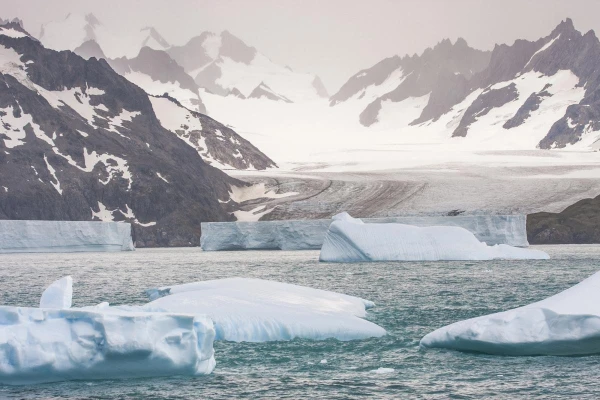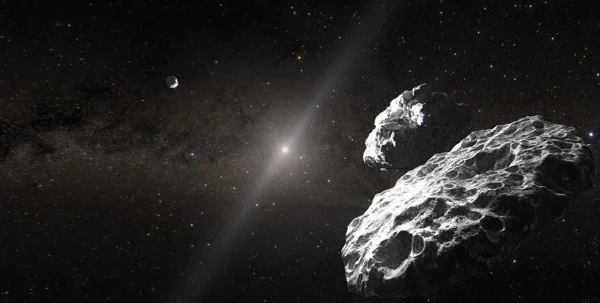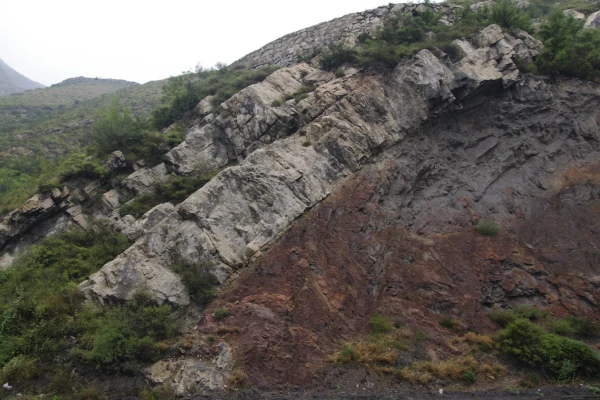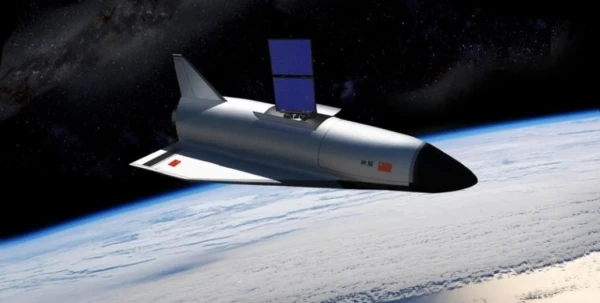
Sea level rise, ocean warming, and changes in the viability of marine ecosystems may occur.
Scientists have identified a slowdown of the West Wind Drift, which is larger than the Gulf Stream and the Amazon. This refers to the Antarctic Current, which is the largest ocean current in the world.
Researchers from the University of Melbourne and the Norwegian research center NORCE analyzed a high-resolution model of the ocean and sea ice, as well as ocean currents, heat transport, and other factors. In a high carbon emissions scenario, the model showed a slowdown of the current state of the ACC by approximately 20% by 2050. The work is published in the journal Environmental Research Letters.
Satellite observations show that the Antarctic ice sheet is losing mass at an accelerated rate, releasing large volumes of fresh water into the ocean along the coast of Antarctica, the study notes. Meltwater from the ice shelves around Antarctica is exported to lower latitudes through Antarctic Intermediate Water. This process causes a slowdown of the ACC, which threatens global climate indicators, including rising sea levels, ocean warming, and the viability of marine ecosystems. Due to the decreased ability of the ocean to act as a carbon sink, the planet will face greater climate variability with more extreme events in certain regions and accelerated global warming, the authors of the study write.
The ACC serves as a barrier to invasive species, such as southern brown algae, moving through currents, or marine animals like shrimp or mollusks. As the ACC slows and weakens, the likelihood of such species penetrating into Antarctica increases, which could have serious impacts on its ecosystems. For example, it could alter the available diet for Antarctic penguins.
The slowdown will also occur in a scenario with lower emissions if ice melt accelerates. The Paris Agreement of 2015 aims to limit global warming to 1.5 degrees Celsius above pre-industrial levels, but many scientists agree that the planet has already reached this target, which will inevitably affect even faster melting of Antarctic ice, the study notes.














Leave a comment